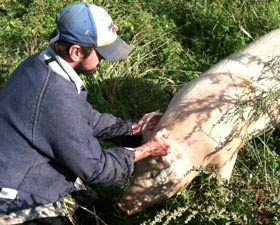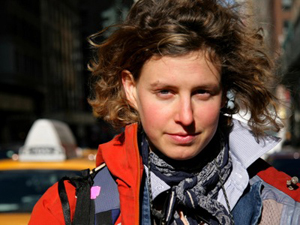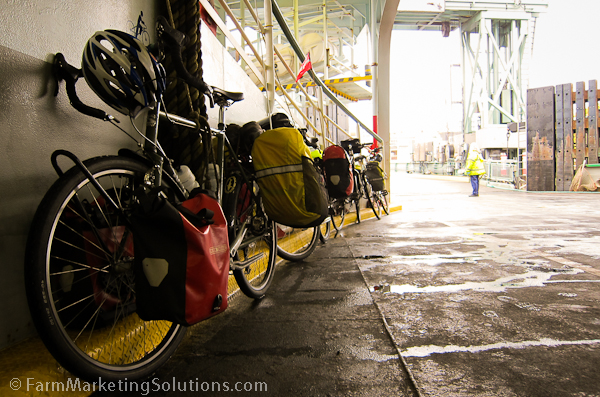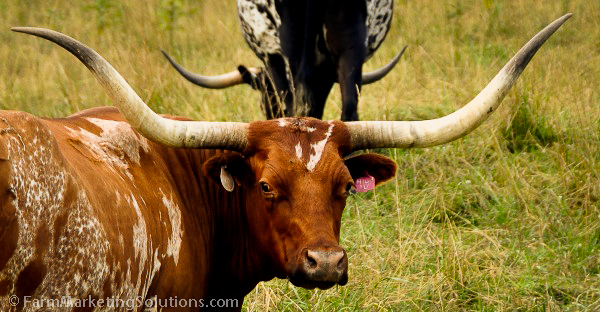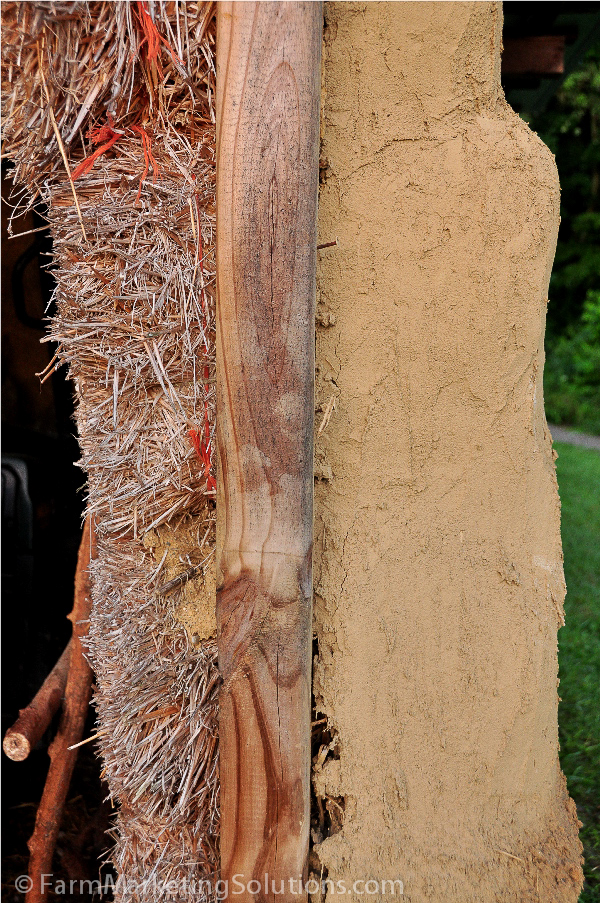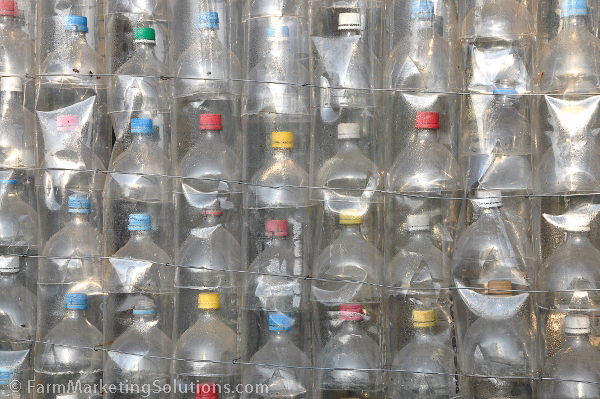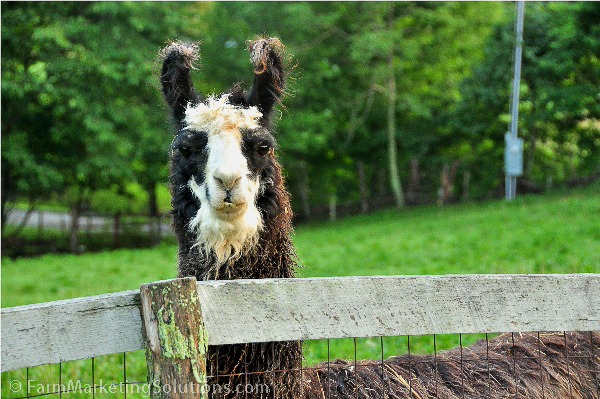GFP027: Getting free media exposure and what that can do for your farm business with Troy Bishopp the Grass Whisperer
/If you want to succeed as a small (or large) business you have to market your products. The only problem with farm is that the margins can get pretty slim. That is when us crafty folks break out the guerrilla marketing techniques and find out way into free or cheap media exposure.
In today's episode I share a story about some free media attention that I received this year that led to me landing a place to farm, getting me some customers, and giving me a little security about land in the future. You can find my press release and article a little further down in the show notes.
Even if you cannot find the time to send press releases now or to really put out any marketing, you should be taking pictures. The pictures you take now while your farm is in full bloom with come in handy when you are getting press out of season. I walk you through some basic photo editing on my farm photo page here.
I bring on the show an experienced farmer and journalist Troy Bishopp the Grass Whisperer. Troy brings a great knowledge-set to the podcast with both perspectives from being a farmer and working in the media. This episode is a "must listen" if you want to get some free exposure for your farm.
Right click to download the MP3
In this farm podcast you will learn:
How to build relationships with media personal
Tools for making it easy on the reporter and getting your story across
How to prepare for an interview
How to put the power of the interview into your hands
What to do when you feel like you have "no comment"
Using editorials to get free press
Creating soundbites to grab attention and where to put them
Cute sells!
How to be a farm advocate
Return On Investment (ROI) from media exposure
Troy Bishopp the Grass Whisperer:
It is not every day you make a friend from complete stranger. Troy came to my farm to learn a little more about what I do and to get some help creating videos and to be on the podcast. Given that I was horrifically sick when he got here, Troy turned into more of a savior than a guest.
Since Troy's time on my farm picking up my slack we have kept in touch to compare notes and just keep in touch. Troy is a great guy and I respect the balance of professionalism and goofiness that he brings to the tables.
In farming you learn the most from other farmers. All advice comes with a grain of salt and not everyone's advice will work for you. I have spoken with hundreds of farmers of the years and I have found out one thing about Troy. When he talks, you listen.
The thing about the Grass Whisperer is that he not only wants to farm, he wants other people to farm and is willing to work toward that. He strives to inspire and educate as well as practice what he preaches.
Items mentioned in this farm podcast include:
Take aways:
What would more exposure do for your farm? Increase sales?
Are you prepared for an interview should an opportunity present itself?
What would you want to get out of more exposure?
--
My skills are ever-evolving as an interviewer. Thanks for taking the time to listen in, and let me know what you think. You can leave a comment below, send me an e-mail, reach me on Facebook or Twitter, or leave a 5 star rating in iTunes if you liked the show.









